May 18 2010
1 Comment
Landsvirkjun´s Spin on their Energy Prices to Heavy Industry
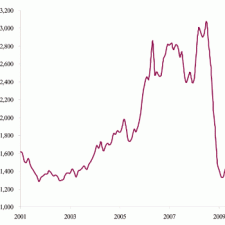 The deals on energy prices between Landsvirkjun (Iceland´s National Energy company) and the aluminum companies working in Iceland have been kept secret from the public since they got signed. The only notion the public had was a pamphlet called ”Lowest Energy Prices”, published in 1995 to lure heavy industry to the country, which like the name states, was filled with promises about cheap, greenwashed, energy. Looking at surrounding countries many estimated that the prices were close to a half of what households in Iceland pay. But after Alain Belda, Alcoa´s president, had the now famous slip of his tounge in Brazil that revealed that they were paying $15 for the MWh (megawatt hour), and RUV´s (Icelandic National Broadcasting Association) exposure of Century Aluminum´s prices earlier in the year, Landsvirkjun decided to open their books in, what they call ”an attempt to create peace around the company´s actions”. In reality they´re just blowing smoke in people faces with well chosen figures in a desperate attempt to save the companies already ruined credibility.
The deals on energy prices between Landsvirkjun (Iceland´s National Energy company) and the aluminum companies working in Iceland have been kept secret from the public since they got signed. The only notion the public had was a pamphlet called ”Lowest Energy Prices”, published in 1995 to lure heavy industry to the country, which like the name states, was filled with promises about cheap, greenwashed, energy. Looking at surrounding countries many estimated that the prices were close to a half of what households in Iceland pay. But after Alain Belda, Alcoa´s president, had the now famous slip of his tounge in Brazil that revealed that they were paying $15 for the MWh (megawatt hour), and RUV´s (Icelandic National Broadcasting Association) exposure of Century Aluminum´s prices earlier in the year, Landsvirkjun decided to open their books in, what they call ”an attempt to create peace around the company´s actions”. In reality they´re just blowing smoke in people faces with well chosen figures in a desperate attempt to save the companies already ruined credibility.
The Price Revealed
Read More
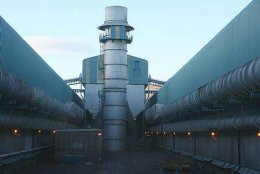 Throughout the years, Saving Iceland has been pointing out that the common household on Iceland would end up paying the bill for the aluminium factories. The secrecy that shrouds the contracts between Landsvirkjun (the National Energy Company) and the aluminium companies shouts corruption and even more voices have been questioning the deals publicly and pressing on for those numbers to be revealed.
Throughout the years, Saving Iceland has been pointing out that the common household on Iceland would end up paying the bill for the aluminium factories. The secrecy that shrouds the contracts between Landsvirkjun (the National Energy Company) and the aluminium companies shouts corruption and even more voices have been questioning the deals publicly and pressing on for those numbers to be revealed.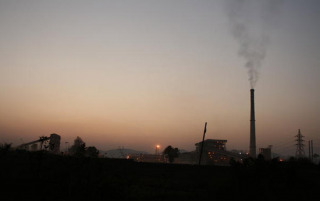
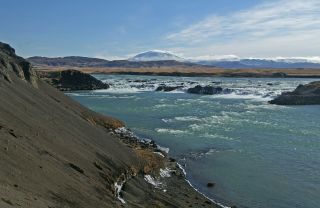
 In September 2009, the Ministry of Environment overruled the Planning Agency’s verdic which stated that no joint Environmental Impact Assessment (EIA) is needed for the S-West Power Grid and the industry that it’s going to be providing for. The case was sent back to the Planning Agency for a more substansial treatment.
In September 2009, the Ministry of Environment overruled the Planning Agency’s verdic which stated that no joint Environmental Impact Assessment (EIA) is needed for the S-West Power Grid and the industry that it’s going to be providing for. The case was sent back to the Planning Agency for a more substansial treatment.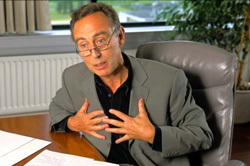
 Big dams have a serious record of social and environmental destruction, and there are many alternatives. So why are they still being built?
Big dams have a serious record of social and environmental destruction, and there are many alternatives. So why are they still being built?
